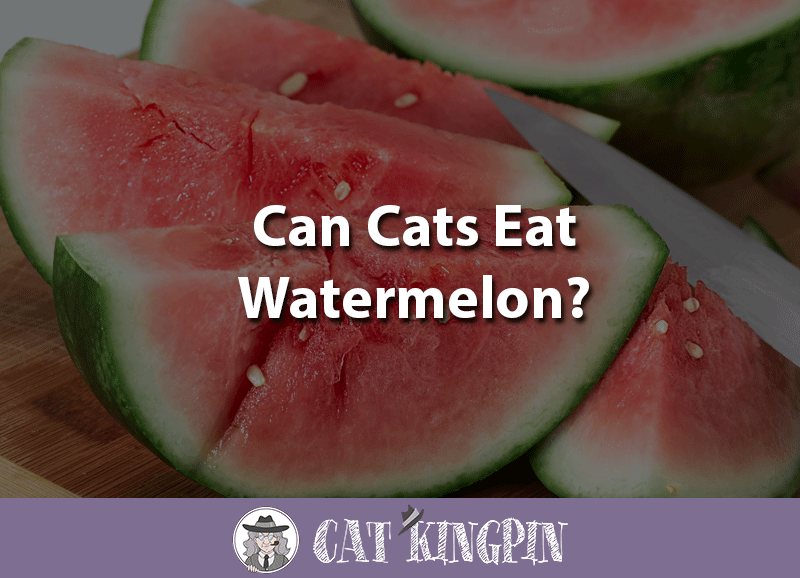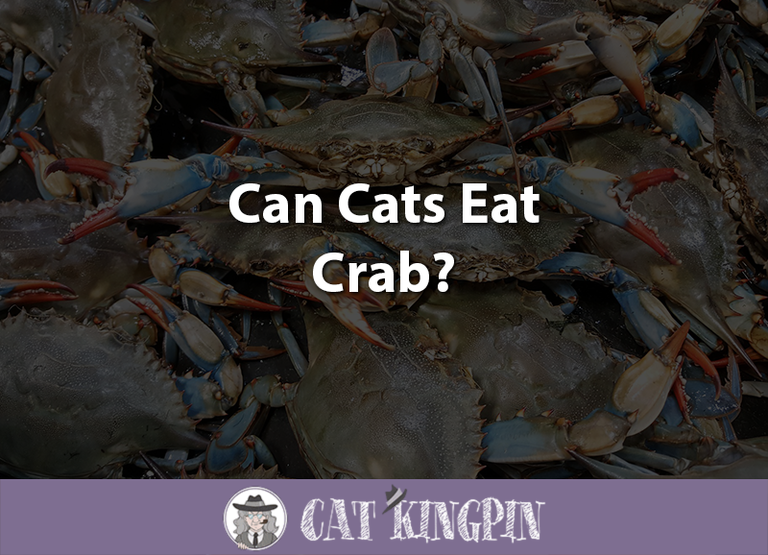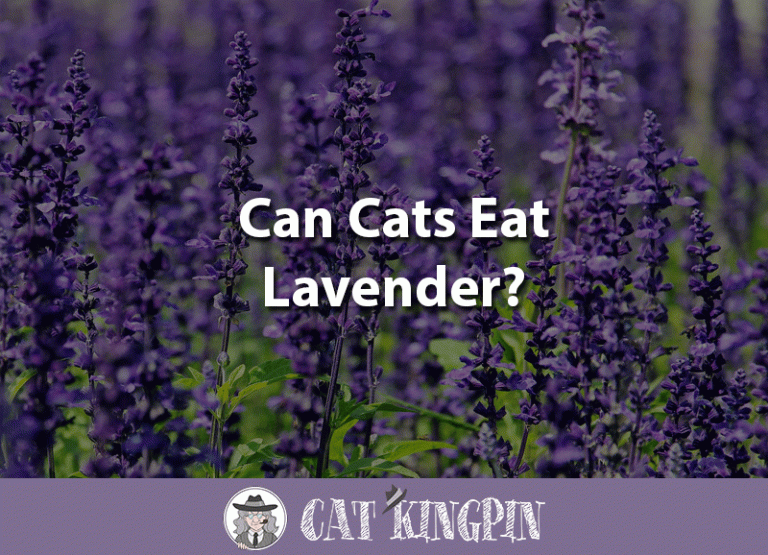Can Cats Eat Watermelon?
Watermelon is an extremely popular fruit. With its pink flesh, sweet flavor, and high water content, what’s not to love? Whether you like it with hot sauce, salt, sugar, or plain, it’s the perfect treat for a summer evening.
As with lots of human foods, your cat may be curious about watermelon and even try and grab a taste. But, can cats eat watermelon?
You’ll be happy to know that yes, they can! Watermelon, as with any fruit (apples, oranges, blueberries, mango, etc), in very small quantities, makes a great sweet treat for your feline friend.
But, as with all human foods, there are a couple things you should keep in mind before you give your cat a slice of watermelon.
In this article, we’ll cover the following:
- Cats and Watermelon – What You Need to Know
- Can Cats Eat Watermelon?
- Can Kittens Eat Watermelon?
- Benefits/Negatives of Feeding Cats Watermelon
- Alternatives to Watermelon for Cats
Cats and Watermelon, What You Need to Know
Watermelon has been around for a long time. In fact, there is archaeological evidence that it was cultivated even as far back as ancient Egypt. Watermelon seeds were found in the tomb of one of the most famous Egyptian Pharaohs- Tutankhamen!
Believe it or not, watermelon is actually a berry. It is indigenous to the African continent but has found its way all over the world.
Luckily for your cat, watermelon can be a safe and tasty treat if given in small quantities. In fact, it’s one of the safest fruits for cats, as long as the seeds are removed.
This fluffy guy (his name is Cooper because we know you were wondering) is really going to town with his piece of watermelon! He’s even willing to share some with his dog friends.
Can Cats Eat Watermelon?
Cats can indeed eat watermelon. But before you invite your cat to your next barbecue and set them up with an entire slice, be warned: watermelon is safe for cats, but the seeds definitely aren’t!
Watermelon seeds contain compounds that can be very harmful to cats. In fact, this is the case with many types of fruits, including apples. The compound in question is called “cyanogenic glycoside,” which contains trace elements of cyanide.
While we can eat watermelon seeds without worrying, cats can’t process cyanogenic glycosides.
While the thought of picking out every tiny watermelon seed for your cat might seem a little tiresome, you should absolutely do so. Even just a few watermelon seeds can really hurt your cat.
Nutritionally speaking, watermelon contains vitamins A and C as well as potassium and magnesium, which are beneficial to feline health. The only thing to watch out for, other than seeds, is the sugar level- too much sugar isn’t good for cats, so only give your cat pieces of watermelon in moderation (no more than cube or two!).
Can Kittens Eat Watermelon?
As always, it’s always tricky when deciding whether or not to feed your kitten people food. Generally speaking, it’s best not to get too creative with your kitten’s diet. Because they are still growing (and so small and vulnerable) it’s best to keep them on a strict diet of high-quality kitten food and water.
However, since seedless watermelon isn’t toxic to cats, you can feel good about treating your kitten to a tiny piece if they seem really interested. While the nutritional benefits are minimal, your kitten may enjoy a piece of the sweet fruit!
We’re not sure what this kitten is doing with that watermelon, but it’s definitely cute!
Benefits/Negatives of Feeding Cats Watermelon
While watermelon does contain a few vitamins and minerals that are good for your cat’s health, your cat likely gets all the nutrition they need from their cat food. Especially if you are feeding your cat a high-quality food with meat listed as the first ingredient, such as Blue Buffalo Life Protection.
The benefits of feeding your cat watermelon are purely psychological! You want to give your cat a little taste of something great, and your cat will probably appreciate it! We love treating our feline friends with human food, and watermelon is a safe choice.
However, keep the following tips in mind before giving your cat watermelon:
- Only give them plain, ripe watermelon (skip the sugar, salt, hot sauce, etc.)
- Make sure to remove all the seeds before giving your cat a piece.
- Only give your cat small pieces of watermelon- too much may make them sick!
- Remember that watermelon has a high sugar content, so don’t give it too often
- Watch your cat for any signs that the watermelon is making them sick, such as diarrhea and vomiting. If your cat shows any of these signs, don’t give them watermelon again and take them to the vet if it continues!
The Internet is a great place- here’s a one minute video of a cat just sitting in a watermelon.
Alternatives to Watermelon For Cats
If your cat really likes fruit but you aren’t crazy about the idea of giving them human food, you definitely have options.
Some cat treats contain fruit (though the main ingredient is usually meat).
Wellness brand makes grain-free cranberry treats (salmon and cranberry, tuna and cranberry, turkey and cranberry, etc.) These treats are great if your cat is craving a little bit of fruit!
So, Can Cats Eat Watermelon?
Yes, they can! Watermelon can be a healthy and tasty addition to your cat’s diet, as long as it’s given just as a treat and always in moderation.
A few final reminders about watermelon before you run out to the store to buy some for your feline friend:
- Never let cats eat watermelon seeds!
- Only offer watermelon to your cat as a treat, and always in small quantities
- Don’t give your cat watermelon if it has any dressing on it or any sugar, salt, or hot sauce (yes, people really put hot sauce on watermelon)
- Watch your cat carefully for any signs that the watermelon is making them feel ill, such as vomiting or loose stools.
- If in doubt, you can always opt to give your cat some cat treats with fruit in them, such as Wellness Kittles Crunch Natural treats with cranberry.
Is your cat wild for watermelon? Do you ever give them some as a treat, or have questions about how to do so safely? We want to hear all about it- tell us in the comments!







